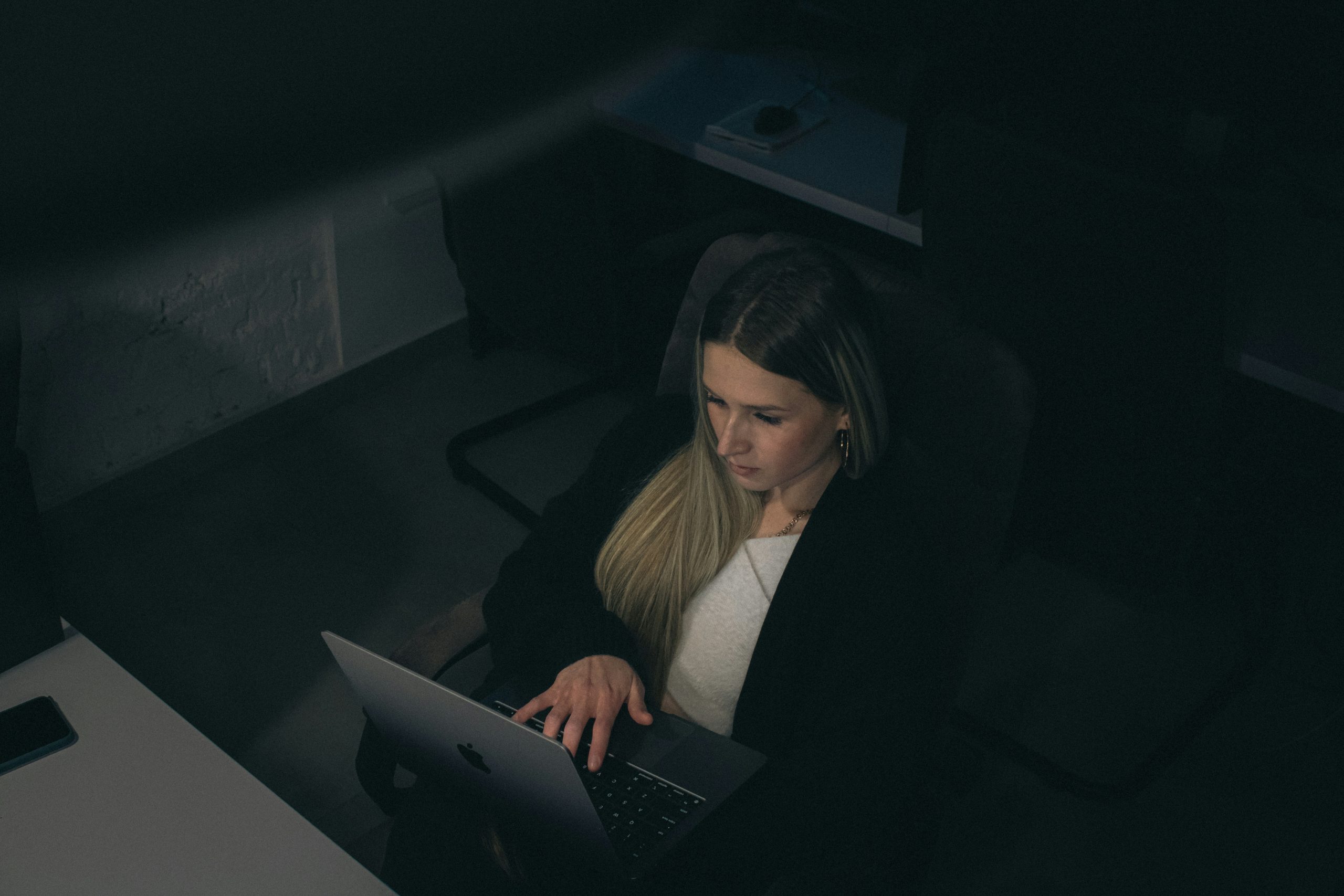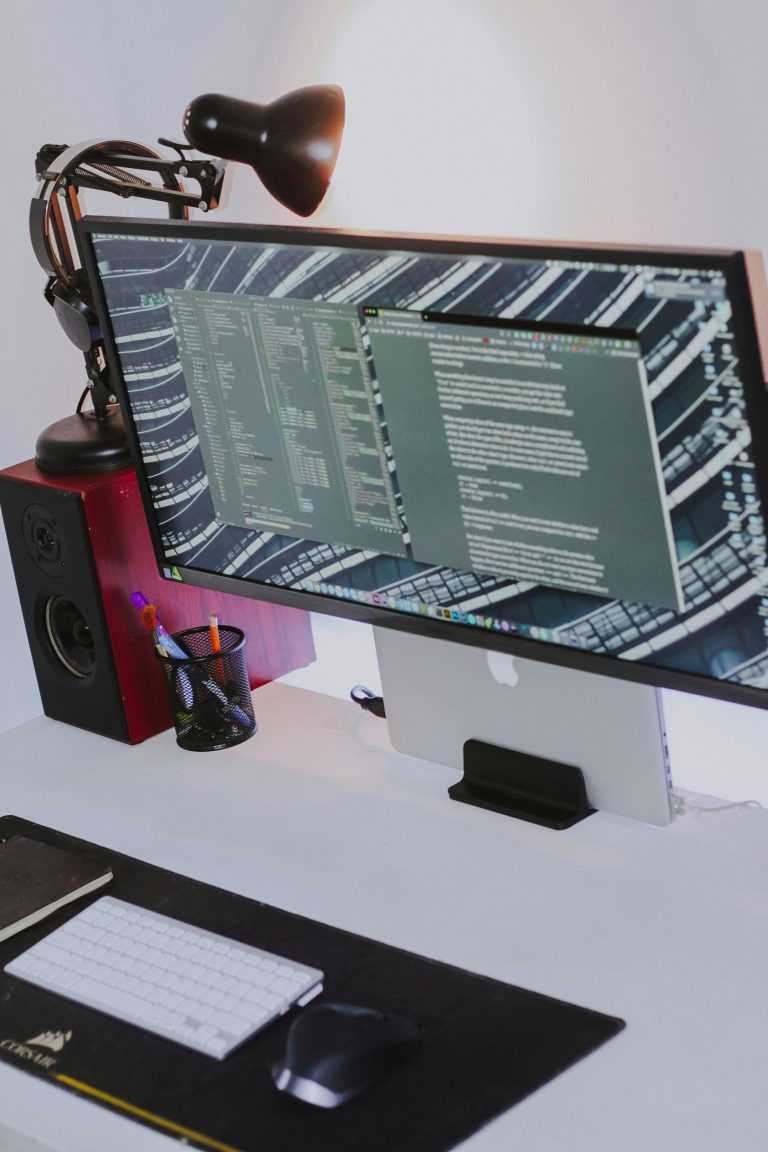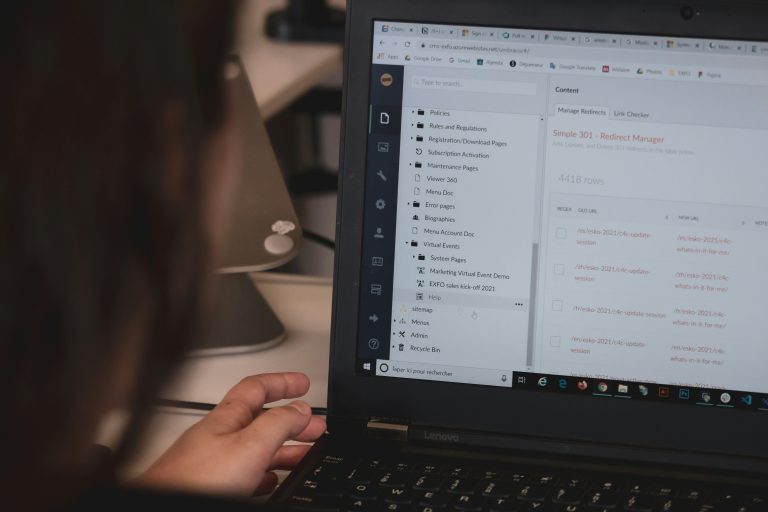AI and the Future of Work: Automation vs. Job Creation
2 Introduction
1 Thesis statement: AI is reshaping the world of work, presenting both threats through automation and opportunities via job creation. The ultimate impact depends on how society, governments, and industries adapt to these changes.
2 Context: Rapid advancements in AI (e.g., machine learning, robotics, generative AI) are influencing tasks previously thought to be exclusive to humans.
3 The Automation Threat
4 Job Displacement:
1 Routine and repetitive jobs (e.g., manufacturing, data entry, transportation) are at highest risk.
2 AI systems can perform tasks faster, more accurately, and 24/7.
5 Sectoral Impact:
1 High risk: Retail, logistics, customer service, transportation.
2 Moderate risk: Healthcare (e.g., radiology), finance (e.g., trading, fraud detection).
Examples:
1 Self-driving technology threatening driving jobs.
2 AI chatbots reducing the need for human support agents.

6 The Promise of Job Creation
7 New Roles and Industries
1 AI engineers, data scientists, ethicists, AI trainers, prompt engineers.
2 Entire new sectors: AI safety, robotics maintenance, and generative content creation.
8 Productivity and Economic Growth:
1 AI augments human capabilities, allowing professionals to focus on higher-value tasks.
Example: Doctors using AI to speed up diagnoses.
9 Startups and Innovation:
1 Lowering the barrier to entry for small businesses through automation tools.
10 The Skills Shift

11 Upskilling and Reskilling:
1 Lifelong learning becomes essential.
2 Demand shifts toward digital literacy, critical thinking, and adaptability.
12 Human-AI Collaboration:
Emphasis on “centaur models” combining human judgment with AI precision.
13 Ethical, Social, and Policy Considerations
14 Inequality Risks:
1 Tech-savvy workers and regions may benefit disproportionately.
15 Policy Responses:
1 Universal basic income (UBI), AI taxation, job transition programs.
16 Regulation and Governance:
1 Ensuring responsible use of AI to mitigate harm and bias.
Conclusion
Balanced Outlook:
While automation poses undeniable risks to certain jobs, AI also offers substantial opportunities for innovation and job creation. The future will likely be defined not by AI replacing humans, but by how effectively humans adapt and collaborate with AI.






